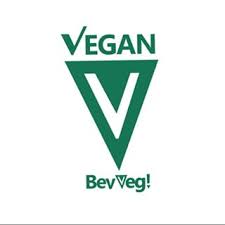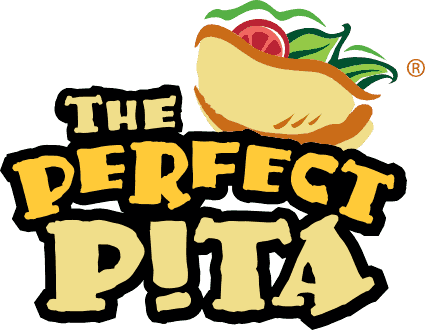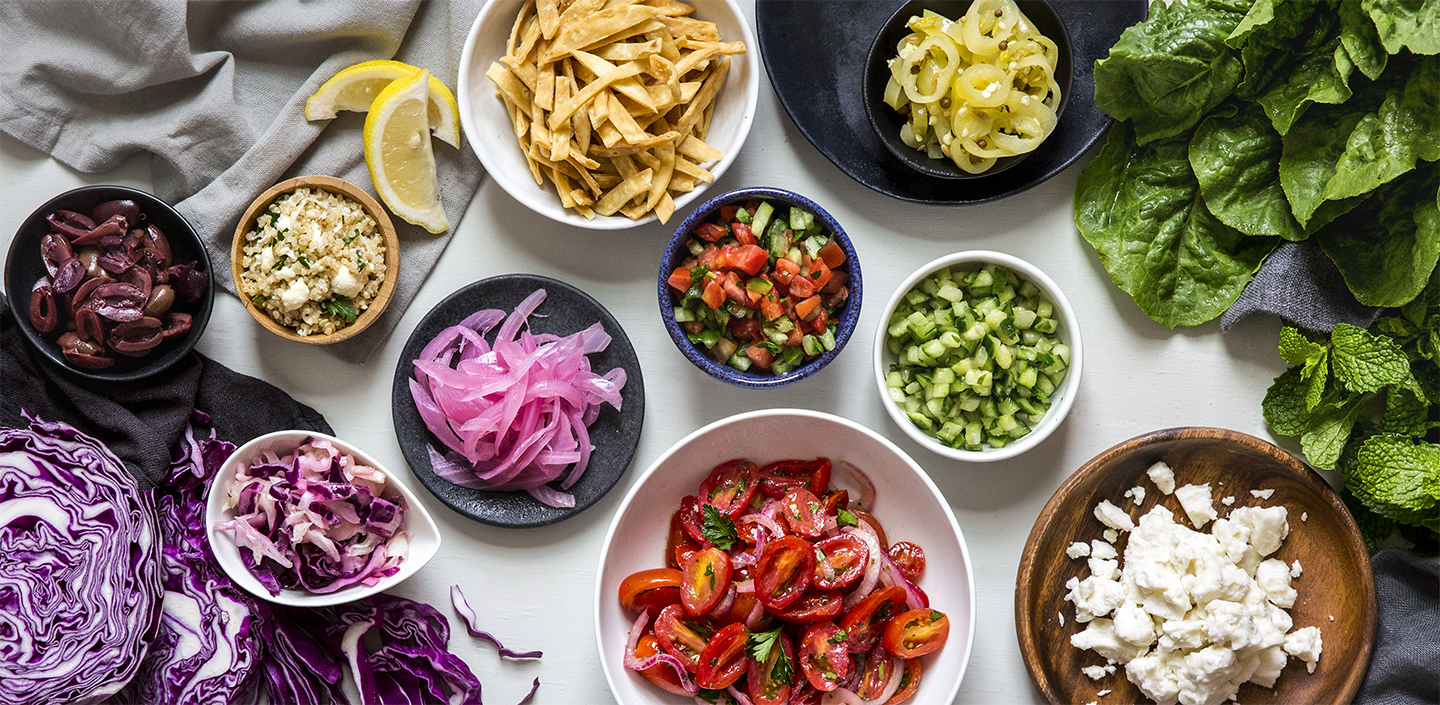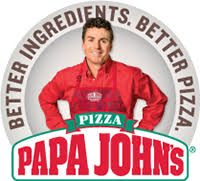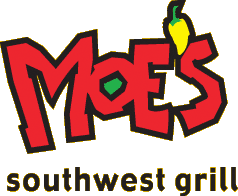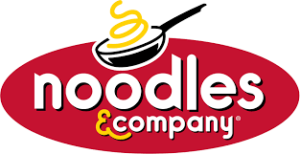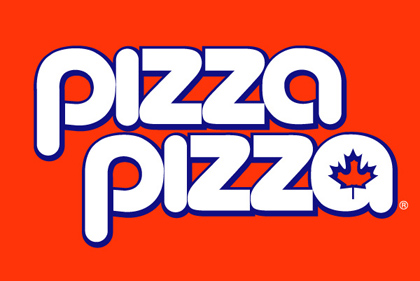BevVeg!: New Vegan Label for Food, Beverages and Consumer Products – What Does it Mean? 0
The BevVeg! Label for vegan beverages, food, and consumer products was created in November 2017 by Founder and CEO, Carissa Kranz, Esq., a vegan from birth. She, along with fellow vegan lawyers, Alyse Bentz and Penny Furr, hope to set a higher standard for companies wanting to call their products vegan. BevVeg! is an intended play on words to imply BE VEG.
“BevVeg! certification logo means our research reveals: No animal ingredients or animal by-products used in the processing, clarification, filtration, de-acidification, or manufacturing before bottling or packaging. We also investigate whether the product manufacturing, bottling, and packaging is from a shared facility, or outsourced or sub-licensed to a facility that may compromise the vegan integrity or cause cross-contamination. If sugar is used, we require proof that manufacturer uses zero bone char (often disguised as “natural charcoal”). Likewise, we require proof from source ingredient manufacturers to ensure those listed parent ingredients also maintain vegan integrity. No animal testing on the BevVeg! certified product.”
Kranz elaborated on her Group’s vegan standard by adding: “…we look into all source ingredients without outlining different subsections of ingredients allowed or disallowed, and without breaking down eligible products or enzymes, etc. We research every ingredient and every product and each new product is in its own universe of evaluation. We separate out each file and investigate that file according to our standard. We are constantly surprised at labels and ingredients and processes and truly feel our standard, as is, is what we are comfortable working with as it allows us to set a standard and use an attorney’s mind to make sure it’s aligned…we look into all flavors, colors, agents, enzymes, etc. I think our standard is clear that all of that is considered, and not rounded down to zero, like the law allows.”
In describing The BevVeg! logo, Kranz wrote to The Vegetarian Resource Group that the BevVeg! Label is “different from all other vegan labels in that ours is the only one created and administered by attorneys.”
She stated in an email:
“We are a law firm. Lawyers, by nature, are regulators. We bring credibility and legitimacy to the vegan standard. We raise the standard.”
BevVeg! was founded to provide consumers with much needed transparency. Ms. Kranz said: “If you see the BevVeg! logo on a product, the consumer can trust that the product has been cross examined and investigated as part of a legal disclosure process.”
In October 2018, The VRG spoke with Kranz & Bentz about their label and methods. Kranz elaborated:
“BevVeg! is a law firm that researches and certifies vegan food, beverage, and product claims. Right now, the law does not regulate what is claimed ‘vegan’… As attorneys, we drafted a vegan standard for an industry that is in need of a vegan definition…We require disclosures that the law, as of today, does not [demand]. A vegan would say those disclosures are [necessary].
“BevVeg! certification is based on a high standard of vegan integrity. Use of the BevVeg! logo is only licensed to products in alignment with our vegan standard based on our extensive due diligence…and certification process. We have made the paperwork and disclosure process a legal process. There is no simple form to fill out. This is about tracing product ingredients, source ingredients and manufacturing processes. Furthermore, this certification requires diligent documentation of these practices…The BevVeg! label signifies that attorneys have completed their due diligence and audited the products.
“Companies seeking the BevVeg! vegan certification mark establish an attorney-client relationship with us, which gives rise to attorney-client privilege…We are not here to expose them…We must have full disclosures about all ingredients, processing, bottling, and packaging before we certify and license use of the BevVeg! logo.
“Consumers…want truth, transparency, and authenticity in labeling…[They] should feel at ease when they see the BevVeg! certified logo knowing that those products have been audited by attorneys and determined to be in alignment with the BevVeg! vegan standard based on extensive due diligence, research and cross examination.”
The VRG asked if BevVeg! requires details on how companies manufacture their products or if they simply ask for a signed statement declaring “no animal ingredients or animal byproducts involved.” Kranz informed us:
“The law firm asks for details and we ask for signed affidavits. We encourage companies to be forthcoming in describing their methods…”
Bentz elaborated on this to The VRG by stating that BevVeg! must know all details about how the product was manufactured, “including, for example, the names of the yeast or bacterial strains involved in production; ingredients in any growth media used to grow microbes; or if any animal-derived genetic material were used…Without knowing the details…BevVeg! will not certify a product as vegan.”
Below are written responses from BevVeg! to our questions:
The VRG: Which types of products do you certify?
BevVeg!: We certify all types of products (e.g. beverages, food, soaps, makeup, etc.) We have two distinct trademarked logos. One for all products and one specifically for beverages.
The VRG: How long have you been certifying beverages?
BevVeg!: Our company was founded in 2017 and has been certifying beverages since its inception.
The VRG: How many beverages are currently certified by you?
BevVeg!: We have certified beverages worldwide from South Africa to Italy to America, and our list is growing daily. For the most up-to-date information on our certified beverages, we encourage consumers to download our free app. Through the app, consumers can access our searchable database, which identifies certified beverages as “BevVeg! Certified Vegan.”
The following are some examples of recently certified with the BevVeg logo found on the app:
• wines from Connecticut winery Priam Vineyards
• O.R.E. Raw Vegan Gin
• The Vice Wine from Napa
• United Nations of Wine (Leopard Frog) from South Africa
• Bellissima Prosecco, Christie Brinkley’s wine line from Italy.
The VRG: Do you certify vegan only (not vegetarian)?
BevVeg!: At this time, we certify vegan only.
The VRG: Do you perform any ingredient verification beyond a company’s signed list? If you use a checklist of any type, please attach.
BevVeg!: Any statements by company representatives in connection with their application are considered legal representations…We require that company representatives sign an affidavit certifying that all of the information contained in the application is true and correct under penalty of perjury.
We do not have a simple checklist, nor do we have a simple application. Each application is custom tailored …That’s what makes us unique.
The VRG: Since you are mainly basing your label on legal representations, what is the penalty for false information? What remedy would you pursue? What is in the legal agreement?
BevVeg!: As part of the application process, companies must sign an affidavit swearing that all information provided to us for purposes of certifying their products as vegan is true and correct.
… Any companies that knowingly submit false information in connection with an application are banned from bearing our certification mark or applying for certification in the future. Furthermore, in the event we discover that a company has lied on their application, we would immediately rescind our authorization to use the BevVeg! certification mark. Per our application, in the event any information submitted as part of an application for vegan certification is found to be incorrect, the company must immediately publish a correction on their websites letting consumers know that their vegan certification has been rescinded. [VRG note: Italics are Ms. Kranz’.]
As a law firm, we are able to establish attorney-client privilege with our clients (i.e., the companies who apply for certification). The attorney-client privilege is intended to enable companies to be completely transparent with us as they seek certification. We do not penalize companies who fail to meet our standard. Rather, we seek to counsel them and advise them on way to improve their ingredients and processes so that they will be able to meet our vegan standard in the near future.
We make it clear to companies seeking certification that there is no penalty for not meeting our vegan standard. Because of the attorney-client privilege, we do not disclose which companies are seeking certification and which companies have failed to meet our vegan standard. Also, we keep our application fees minimal so that companies don’t feel any sort of financial pressure to lie on their applications. In the event a product does not meet our vegan standard, the annual licensing fee will be completely refunded for that product.
We believe this creates a strong incentive for companies to be transparent and forthcoming on their applications.
The VRG: Do you perform an on-site inspection? Do you announce it at the start of the certification process?
BevVeg!: Yes. At the start of the application process, companies are notified that we reserve the right to complete an on-site inspection, and that we do not have to provide any prior notice…If we believe pertinent information may be gleaned through a site visit or if we feel that an on-site inspection is necessary to verify the company’s claims, then an on-site inspection will take place. Inspections are unannounced. However, out of respect for our clients, inspections typically take place during normal business hours. Many new account leads begin with on-site visits…before the application process even begins. Also, all certified products are subject to random on-site inspection, as necessary, and we trace the ingredients…to the manufacturer that supplied those ingredients…
The VRG: You said: “… all certified products are subject to random on-site inspection…” Can you please clarify?
BevVeg!: We have completed inspections. For many of our recently certified products, we have conducted an on-site inspection at the time the company applied for certification, or immediately after. In addition to this initial inspection, we require that companies agree to random on-site inspections.
That being said, on-site inspections are only a small part of the process, and, in our experience, only yield so much information. While an on-site inspection can be helpful for evaluating practices at a particular facility, many food manufacturers use ingredients from third parties. A site visit would yield little to no valuable information regarding whether these outsourced ingredients meet our vegan standard. Because we are able to establish attorney-client privilege with our clients, they feel more comfortable disclosing their suppliers to us so that we can thoroughly investigate each and every ingredient used.
The VRG: Do you have a food technologist who evaluates company information?
BevVeg!: We are a law firm, and each application is reviewed by a team of attorneys. Like many law firms, we reserve the right to engage outside consultants and experts when we believe it is appropriate to do so. These consultants may include food technologists and other specialized personnel.
At this time, however, we do not feel a full-time food technologist is necessary for our purposes. There is no litmus test to determine whether a product is vegan or not. No scientific test exists to confirm trace animal products. At BevVeg!, our focus is on disclosures and transparency into processes and ingredients that are not currently investigated under the law.
Furthermore, many of the larger companies seeking certification have their own certification team. Together, we research and strategize with those teams to figure out how these companies can best meet the BevVeg! vegan standard, without it being cost prohibitive. For these types of major accounts, we do not need our own food technologist as those accounts are well staffed with in house liaisons.
The VRG: How often do you make sure a product formulation or processes hasn’t changed?
BevVeg!: If we determine that a product meets our vegan standard, we grant them a license to use our certification mark for a one-year period. Companies must apply for certification every year, and notify us immediately if anything changes in the meantime.
The VRG: Is it in the contract that companies have to notify you immediately of changes?
BevVeg!: Yes. The affidavit certifies future intent to uphold the BevVeg! vegan standard. In other words, companies must swear that they will uphold the BevVeg! vegan standard. In the event a company elects to modify any ingredients or processes used in the creation of the certified product, the company is instructed to notify BevVeg! immediately.
The VRG: Do you charge fees (based on annual revenue and/or number of products)?
BevVeg!: For new applications (i.e., applications for product not previously certified by BevVeg!), the application fee is $150 per product. For renewals only (i.e., applications for products certified by BevVeg! during the preceding 12-month period), the application fee is $50 per product. If approved, the annual licensing fee for use of the BevVeg! certification logo is $250 per product certified.
The VRG: Are meat, fish, poultry or animal slaughter byproducts used in products or manufacturing?
BevVeg!: No.
The VRG: Do you inquire about cow bone char as a filter? Are gelatin & collagen also screened for? Do you specifically ask about any others? Which?
BevVeg!: Yes. We require that companies list all ingredients and their manufacturers. We then independently verify whether or not those ingredients are vegan…Research into the…ingredients, [manufacturing) processes and packaging are key.
The VRG: Do you specifically refer to “processing aids” in your questions or just ask if certain ingredients are IN the final product?
BevVeg!: We require detailed disclosures regarding the entire process used. For example, while fining agents are typically filtered out before bottling, we require that companies identify any and all fining agents. If shared machinery is used, we also require that companies describe processes used to clean the equipment to prevent cross contamination. We do not want any trace animal products in the final product, so processing aids are absolutely part of our certification deliberations.
The VRG: Are eggs or egg products permitted?
BevVeg!: No.
The VRG: Do you specifically ask about albumen as well as eggs as processing aids which may or may not be in the final product?
BevVeg!: Yes. We ask companies to provide a complete list of ingredients and processing aids. The use of albumen or egg whites at any stage of the manufacturing process is not permitted.
The VRG: Are milk or milk products permitted?
BevVeg!: No.
The VRG: Do you specifically ask about casein and whey as well as milk as processing aids which may or may not be in the final product?
BevVeg!: Yes. We ask companies to provide a complete list of all ingredients and processing aids. The use of whey, casein or any milk products at any stage of the manufacturing process is not permitted.
The VRG: Are animal-derived genetically modified organisms (GMOs) permitted?
BevVeg!: No.
The VRG: Have any microorganisms, fruits, grains, etc. used to make the final beverage product undergone any modifications through the insertion of genetic material that originated from animals, animal or dairy products and/or animal byproducts?
BevVeg!: [GMO] ingredients that may have involved animal genes or substances are prohibited.
The VRG: Are contaminated equipment safeguards taken?
BevVeg!: Yes. As noted above, in the event shared equipment is used, companies must describe in detail any cleaning methods used to prevent cross contamination. After careful review, we determine whether such methods are acceptable.
The VRG: Are any of the beverages that you certify manufactured on equipment (including fermentation tanks) that is used to make non-vegan products or products that are processed with animal or dairy ingredients although nothing non-vegetable remains in the final product?
BevVeg!: If any shared equipment is used, companies are asked to describe in great detail the measures taken to prevent cross contamination. These questions are asked as part of our cross examination and the answers are considered during our certification deliberations.
The VRG: Besides equipment mentioned in the preceding question, are there separate preparation utensils (spoons, bowls, etc.) for vegan-only products?
BevVeg!: If any non-vegan products (products that either contain animal ingredients or products that are made using animal ingredients even though the animal byproduct is not present in the final product) are made in the same facility, the company must describe in detail all measures taken to prevent cross contamination. If the product is bottled off site, the company must provide the name of the facility used to bottle the product so that we can research the risk of cross contamination prior to bottling. All representations are made by legal representatives, signed, notarized, verified and made under penalty of perjury.
For more information and an up-to-date list of certified products, readers may refer to the BevVeg! app available for download and on their website. [For app download, the following link: https://itunes.apple.com/us/app/bevveg-vegan-beverage-guide/id1359972316?mt=8. For website, www.bevveg.com]
The contents of this posting, our website, and our other publications, including Vegetarian Journal, are not intended to provide personal medical advice. Medical advice should be obtained from a qualified health professional. We often depend on product and ingredient information from company statements. It is impossible to be 100% sure about a statement, info can change, people have different views, and mistakes can be made. Please use your best judgment about whether a product is suitable for you. To be sure, do further research or confirmation on your own.
See more labeling information here:
https://www.vrg.org/journal/vj2006issue3/2006_issue3_labels.php
https://www.vrg.org/ingredients/index.php
